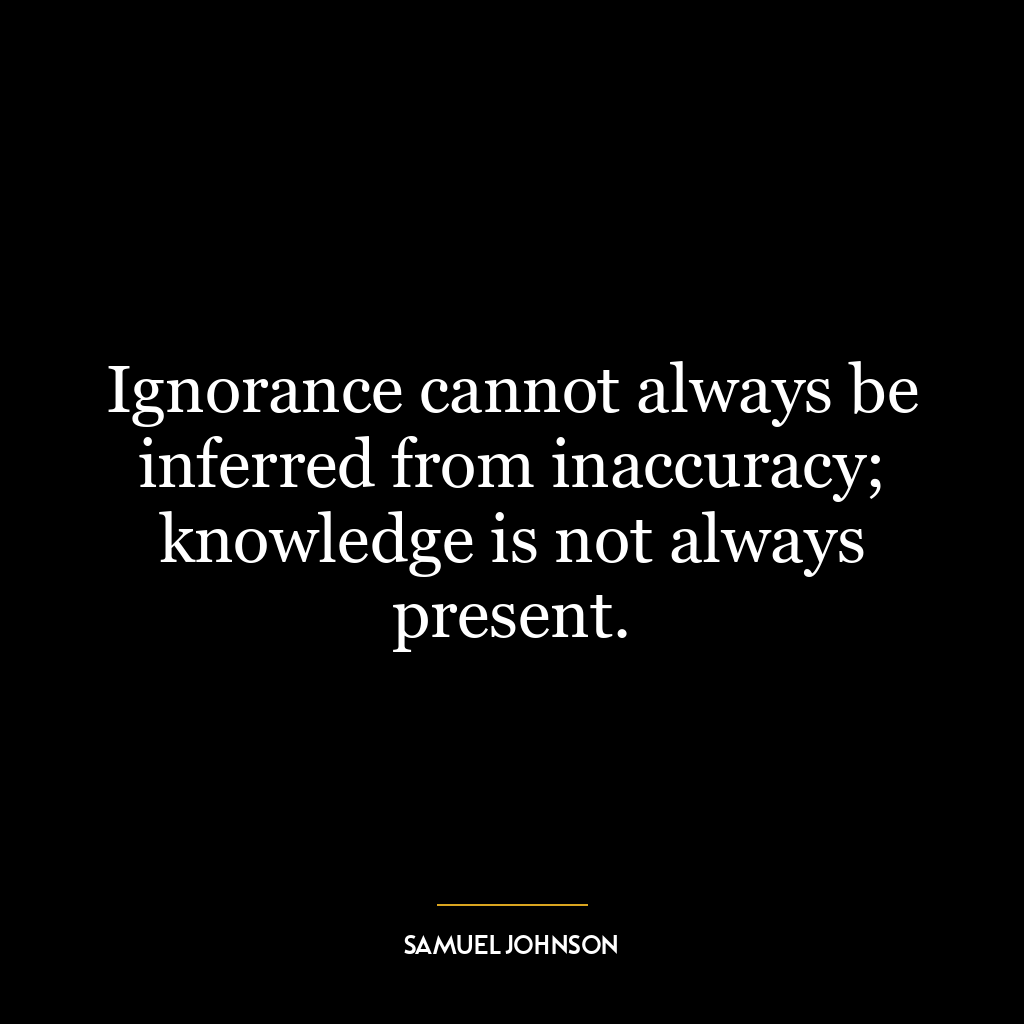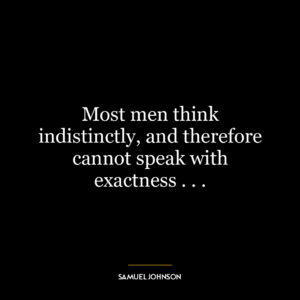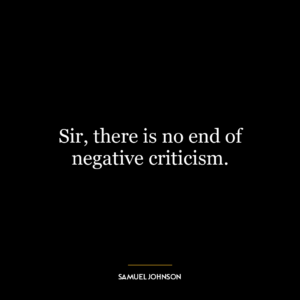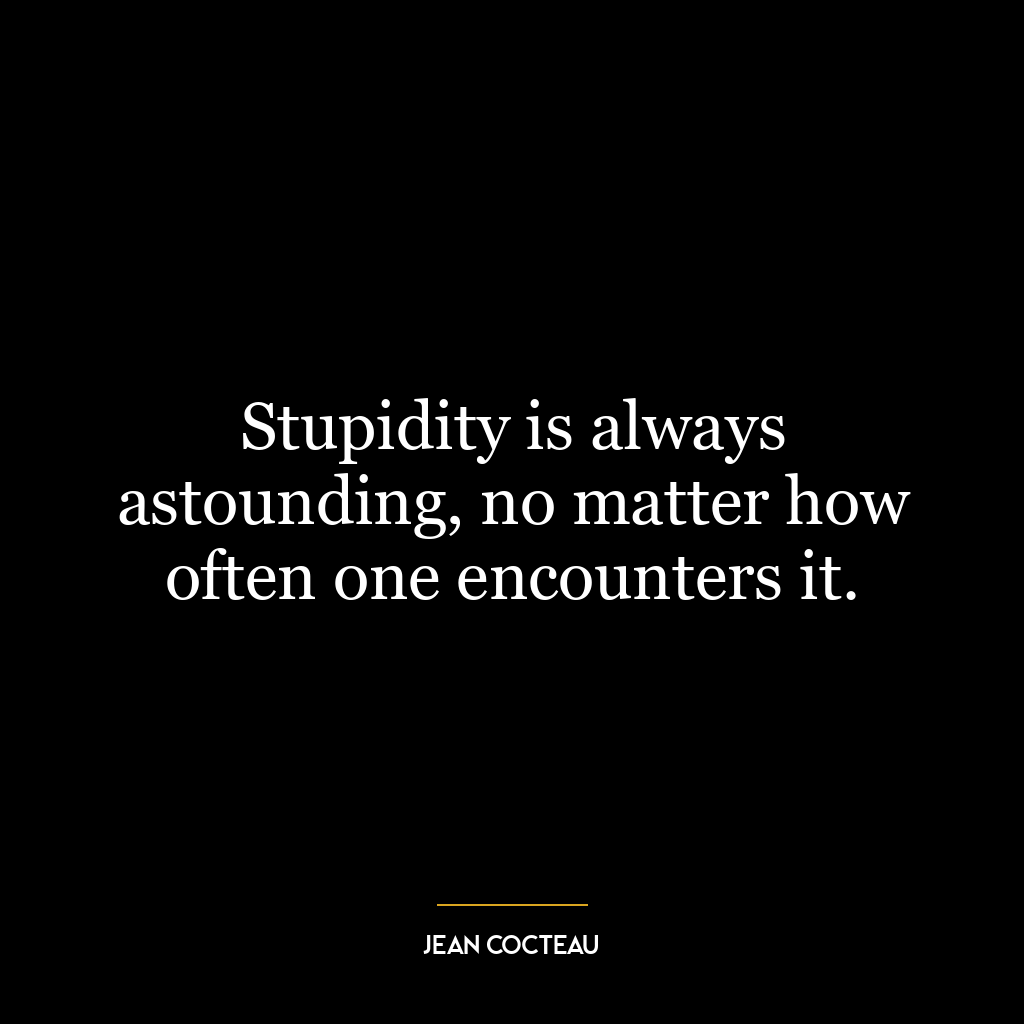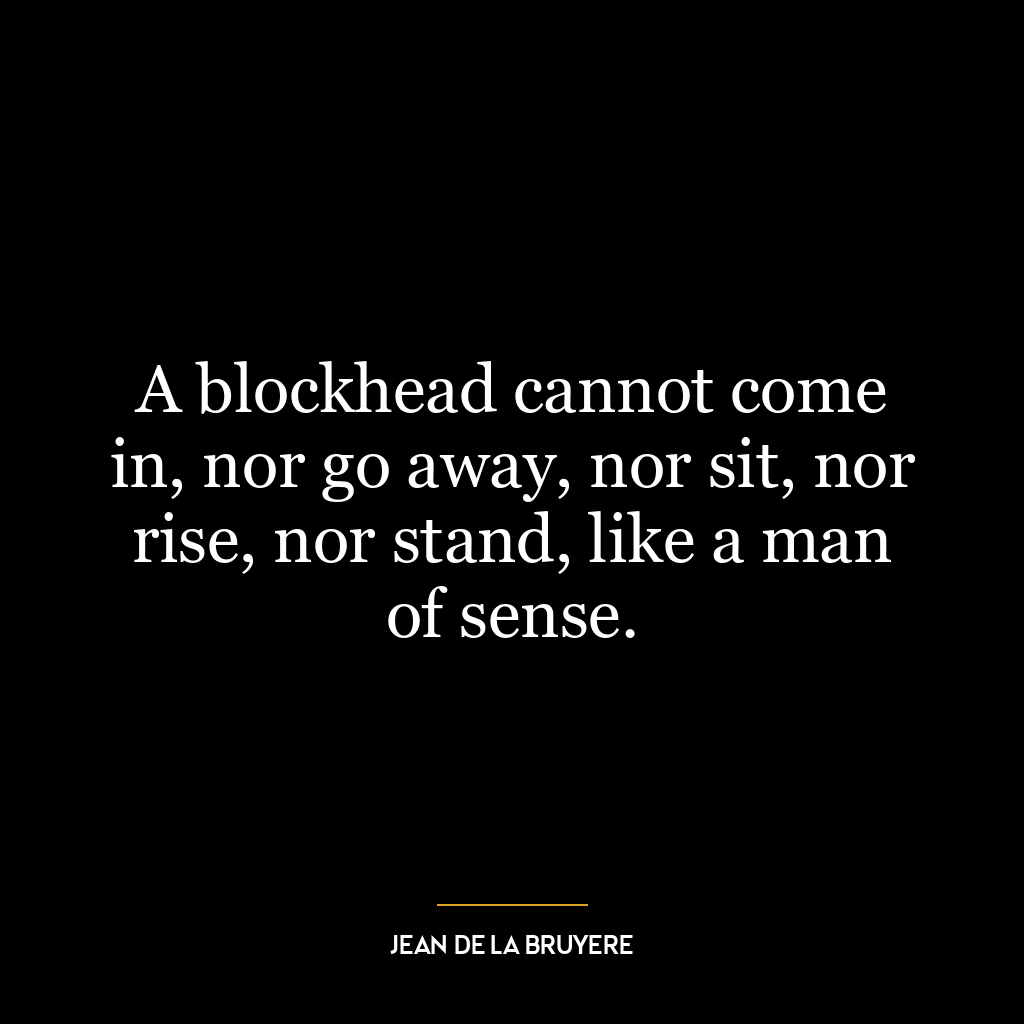This quote suggests that just because someone makes a mistake or is inaccurate, it doesn’t automatically mean they are ignorant. Ignorance refers to the absence of knowledge or awareness, whereas inaccuracy may simply be a misstep or error in application. On the other hand, just because someone possesses knowledge doesn’t mean it’s always present or applied when needed.
The first part of the quote challenges us not to judge people too harshly based on their mistakes. Everyone can make errors, regardless of their level of education or expertise. These inaccuracies could be due to various reasons such as stress, distraction, misinformation etc., and not necessarily due to ignorance.
The second part implies that having knowledge isn’t enough; it’s also about how and when you use it. Someone might know a lot about a certain topic but if they can’t apply this knowledge effectively when required, then its value diminishes significantly.
In today’s world where information is readily available at our fingertips thanks to technology like internet search engines and digital libraries, this quote carries even more weight. Just because we have access to vast amounts of information does not mean we are knowledgeable if we don’t understand how to apply that information correctly.
In terms of personal development, this idea encourages continuous learning and critical thinking skills. It pushes us towards introspection – analyzing our mistakes for what they truly are (opportunities for growth), rather than viewing them as indicators of ignorance. Additionally, it emphasizes on improving our ability to recall and utilize our existing knowledge base effectively in different situations instead of merely accumulating data.

